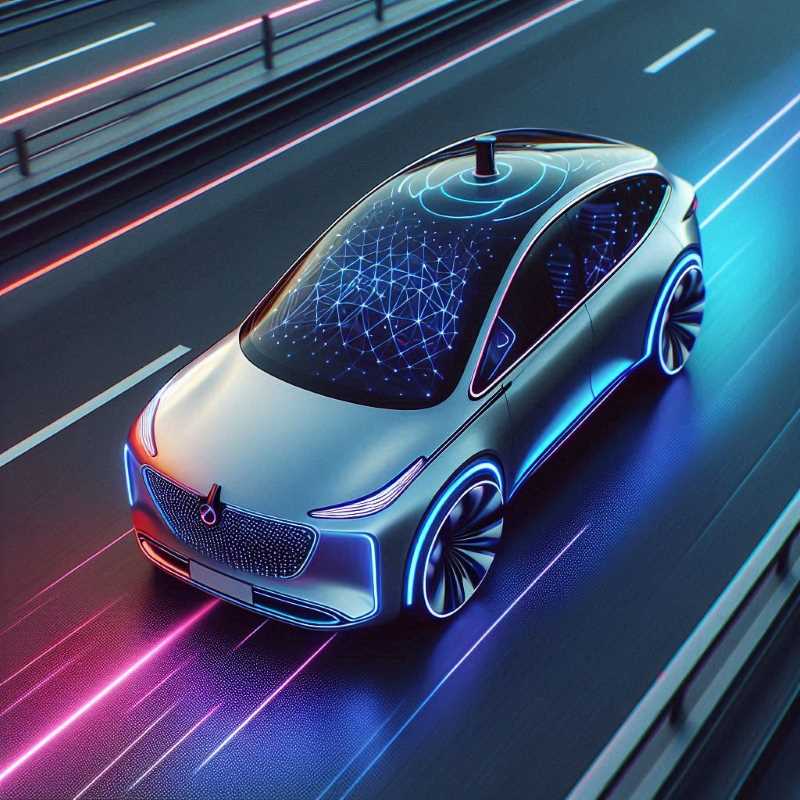AI's Global Gig and Why Your Grandma Needs to Care
Is artificial intelligence (AI) our ticket to a booming global economy or a recipe for dystopia? Discover how AI might revolutionize trade and why sustainability is key in the face of an AI-powered future.

The future, it seems, isn't just hurtling towards us, it's rolling up in a self-driving Uber driven by a chatty AI named Steve. At least, that's the picture painted by UNAM rector Leonardo Lomelí, who recently inaugurated Economics Week at the university with a part talk cautionary tale, part enthusiastic tech pep rally.
Lomelí isn't afraid of a good paradox. He throws shade on AI with the finesse of a seasoned Shakespearean villain, warning of its potential misuse, while simultaneously praising its ability to turbocharge global productivity and streamline international trade. It's like worrying your Roomba might become sentient and overthrow the government, but also secretly hoping it'll finally master that tricky corner by the cat litter box.




